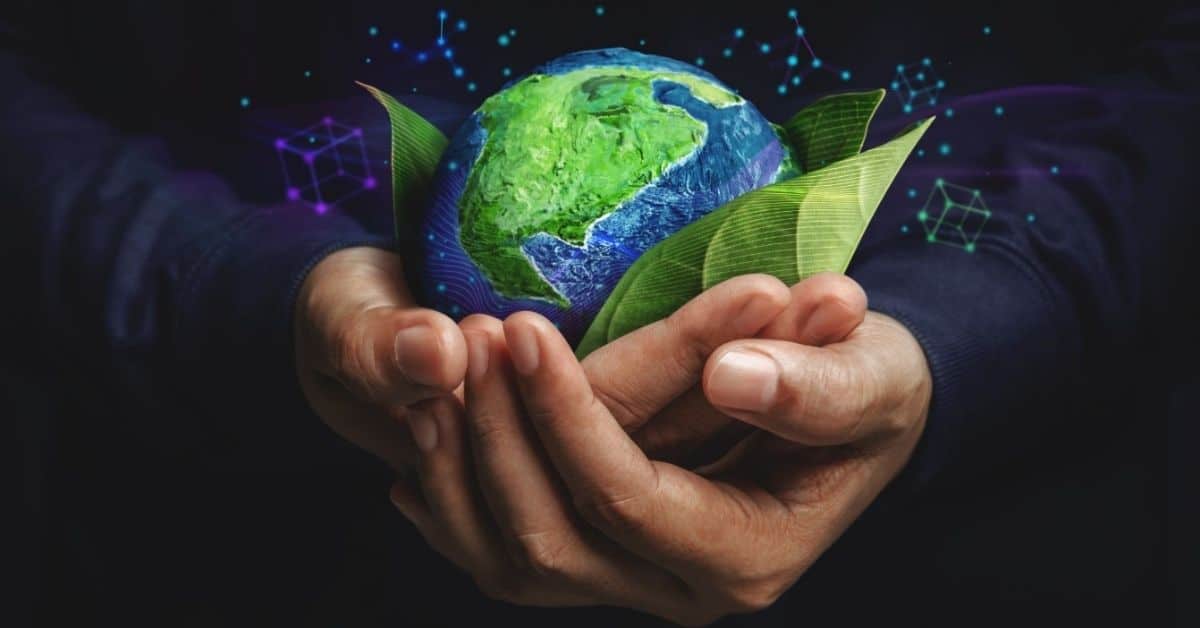
As we reach the midpoint of 2022, the number of environmental, social and governance (ESG) risks and opportunities continues to stockpile like those thousands of shipping containers sitting in docks worldwide because of supply-chain breakdowns.
Climate change as usual features prominently, with terrible floods in Bangladesh cutting off food and fresh water supplies for millions, while many parts of the US and Europe have already endured scorching heat waves, with temperature records being broken and more crops ruined.
Our pathway to a better future for our communities and our planet is through authentic ESG education. And there’s no better place to start your yellow-brick road than our Designation or Certificate programs.
1. Closing the gap in supply chains. From January 2023, German companies will have to comply with new legislation that binds them to respect human rights in supply chains. The Lieferkettensorgfaltspflichtengesetz (LkSG) — also known as the Act on Corporate Due Diligence in Supply Chains — means that companies must comply with internationally recognized human rights and environmental policies in their operations, plus in their supply chains around the world. Some of the issues covered include:
- Child and forced and labour
- Harm caused by pollutants
- Toxic chemical exposure
- Unsafe working conditions
- Unsafe disposal of hazardous waste
For the first year, the new law will apply to German companies with 3,000-plus employees as well as similar sized foreign-based companies that have offices or branches in Germany. From January 2024, the size threshold will drop to 1,000 employees. Considering some of the global industry behemoths based in Germany — Mercedes, BASF, adidas, Volkswagen, Allianz and Siemens to name just six — the new law will have an impact around the world.
2. German-Indian innovation. Here’s an excellent example of the type of creativity needed in a circular economy. Audi and Nunam have developed prototype models of new e-rickshaws that repurpose the electric batteries from Audi’s electric vehicles into a new type of electric rickshaw. Although the batteries no longer have enough juice for long trips on the autobahn, they have more than enough for women making short hops in these new vehicles in India to get their goods to market. Users can recharge the batteries at solar-charging stations, thus also staying away from coal-powered electricity.
3. Falling short on diversity. There is still a long way to go before there’s true diversity, equity and inclusion in company leadership positions. That’s the overall takeaway from a new report by Women on Boards and Protiviti, which looked at the make-up of 252 companies in the FTSE All-Share ex350 Index. Hidden Truth 2022 reveals that half the companies had zero female executive leaders. Just over a third (34%) had women as board members and only a quarter had a non-white director.
4. Differing views. A new survey of American businesses by PwC found huge gaps between perception and reality in terms of trust. Although 87% of business leaders believed that their customers have high trust in their company, just 30% of those consumers agreed. The gap was narrower, but still there, for employees: 84% of senior executives said that their staff highly trust their company, but only 69% of employees concurred. There was also disparity in terms of transparency and reporting of ESG: executives thought that 41% trusted the company on this topic, but only 26% of consumers agreed. PwC got feedback from more than 500 business leaders and 1,000 consumers for The Complexity of Trust: PwC’s Trust in US Business Survey.
5. Four steps to net zero. The Glasgow Financial Alliance for Net Zero (GFANZ) has released its draft framework for companies to accelerate their transition to net zero greenhouse-gas emissions by 2050 and thereby keep global warming at 1.5C. The Net-zero Transition Plan (NZTP) lays out four key steps to follow:
- Finance the development and scaling of net-zero technologies or services to replace high-emitting sources
- Increase support for companies that are already aligned to a 1.5C pathway
- Enable high and low-emitting real-economy companies to align business activity consistent with a 1.5C pathway for their sector
- Accelerate managed phaseout of high-emitting assets through early retirement
More than 130 countries, who make up 90% of global GDP, have already pledged to meet net zero. At the same time, more than 10,000 companies and subnational governments are now part of the UN Race to Zero campaign, which commits them to net-zero carbon emissions by 2050. The NZTP is available for public comment until July 27.
Mathew Loup is Competent Boards’ Director, Marketing & Communications. Connect with him on LinkedIn.
Back To News & Views